Feminist movements and rights defenders cry out against the fundamentalist offensive that wants to repress this right all over the world.
In June of this year, in an unprecedented decision, the United States (USA) Justice liquidated the constitutional right to abortion throughout the country, established almost fifty years ago. Under the control of a majority of conservative judges, the US Supreme Court overturned the historic landmark ruling Roe v Wade, from 1973, the turning point for the right to abortion in the country.
Consequently, this right is no longer guaranteed by the American constitution because it remains subject to the legislation of each state and some of them, such as Arizona or Indiana, among others, have already hurried to recover - or are in the process of doing so – laws banning abortion.
The decision represents a very significant step backwards in terms of women's rights and may have a ripple effect, given the influence of the United States in the world. All in all, the sentence is part of an international offensive against the right to abortion, which is also gaining ground in Europe, in countries such as Poland and Hungary, and in Latin America.
To denounce this transnational attack and warn of the setback it implies, entities such as the Associació Drets Sexuals i Reproductius (Sexual and Reproductive Rights Association ADSiR), Ca la Dona and the Xarxa de Dones per la Salut (Women's Network for Health), among others, joined the international call on the occasion of International Day for the Decriminalization of Abortion and took to the streets to defend this right and demand that the human rights and freedoms of women be respected everywhere.
The manifesto of the Campaign for the Right to Free Abortion demands the Government and Catalan institutions to withdraw support and alliances with any government that does not guarantee the right to abortion; not to collaborate or finance fundamentalist movements against the bodily sovereignty of women and pregnant people; protect women defenders of sexual and reproductive rights; implement mandatory comprehensive sex education, universal access to contraceptives and abortion; and end all barriers to access to abortion in Catalonia.
A well-articulated and financed offensive on a global scale
The resolution that annulled the constitutional right to abortion in the USA was striking, but not unexpected or isolated. On the contrary, it is part of a global movement that aims to restrict women's rights. This is what Sílvia Aldavert, coordinator of the ADSiR, says, who warns that we are facing "a perfectly articulated transnational offensive, promoted by fundamentalist movements with power, resources, spaces and influence, which have targeted the rights of women and, in particular, the right to abortion".
This global movement, closely linked to the rise of the extreme right, has the support of very important institutions and economic lobbies, and is spreading like an oil slick, gaining space everywhere. In the United Nations, for example, as the feminist movement has long complained about. "With the promotion of institutions and governments, such as Trump's at the time, these movements against women's rights and against sexual and reproductive rights are increasingly controlling spaces that in principle should be guarantors of rights", points out Aldavert.
In this context, feminist movements and human rights defenders want to make this reality visible and make citizens aware of this argument and this international articulation, as well as push governments and institutions to commit unequivocally to the guarantee of sexual rights and reproductive, dedicating resources and designing transformative public policies.
Likewise, Aldavert highlights the importance of promoting and protecting women defenders of sexual and reproductive rights, who, after all, are the ones on the front line and are being made invisible, judicialized, imprisoned and even murdered. A reality that might seem distant in Catalonia, but it is not so far away: "We are seeing it with harassment in clinics where abortions are performed, on social networks, with websites being blocked", explains the ADSiR coordinator.
The right to abortion in Catalonia: progress, but still insufficient
In fact, today in Catalonia the right to abortion is still not uniformly guaranteed throughout the country. Despite the fact that the ability to report and the mobilization of feminist groups has resulted in great progress in this regard, there are still barriers and obstacles to accessing this right.
"Today, the right to abortion is not equitable in the territory, for various reasons", warns Aldavert. It is not the same to have an abortion in Pla de Lleida or Terres de l'Ebre as in the metropolitan area of Barcelona. Many women are still unable to obtain an abortion freely in their localities and are forced to travel out of their territory to do so.
This territorial inequity is evidenced in difficulties specific to the system, such as having to travel, conscientious objection, the impossibility of choosing the method of abortion or choosing a specific accompaniment. Nor does everyone have the same access to all the information related to the right to abortion, and institutional campaigns that talk about it are almost non-existent. "The multiple difficulties throughout the territory add up to the oppression and discrimination that these women suffer time after time", affirm from the ADSiR.
Thus, despite being in the process of approving in the Spanish Congress one of the most progressive legislations in the world in the area of abortion, which will require resources and be implemented correctly, there are still people who remain on the sidelines. And they are always the most vulnerable. We are talking about women without a health card, migrant women who do not speak the language, very young women, women in prisons, among others.
"They are precisely the people that the institutions should protect and accompany more decisively, it is not a question of continuously putting patches on, but of applying a model of attention and accompaniment to abortion that puts people at the center", adds Aldavert. This is why it is also essential to give prestige to professional practice and to have trained and specialized people: "We must give them the value they have, because what they do is a public service and a guarantee of rights to citizens".
In Catalonia and anywhere in the world, it is evidence that putting obstacles to abortion only generates more and more unsafe abortions. "All the countries that have restrictive and penal laws, or do not allow abortion, have very high rates of clandestine abortion, and, consequently, also of maternal deaths as a result of these unsafe abortions, as happened in Argentina or continues to happen in many African countries", says Aldavert.
The ADSiR coordinator points out that the two most effective solutions - with more than proven results - to avoid unwanted pregnancies are sex education, from a rights and feminist approach, and universal contraception. "Both things in Catalonia are still not a reality, therefore, let's stop making women responsible for once", he says.
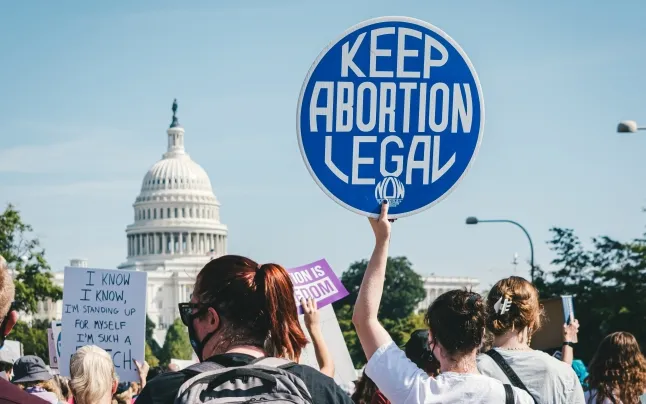
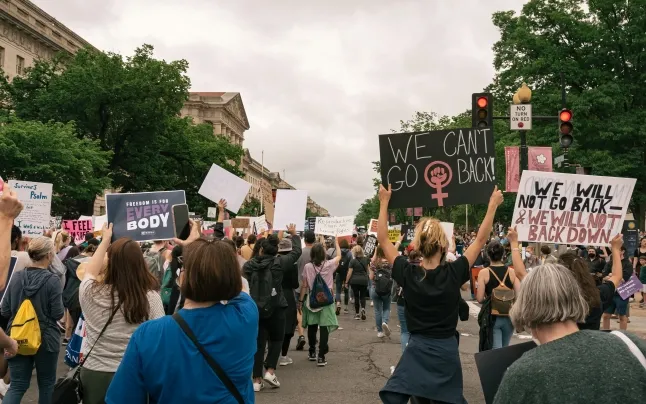
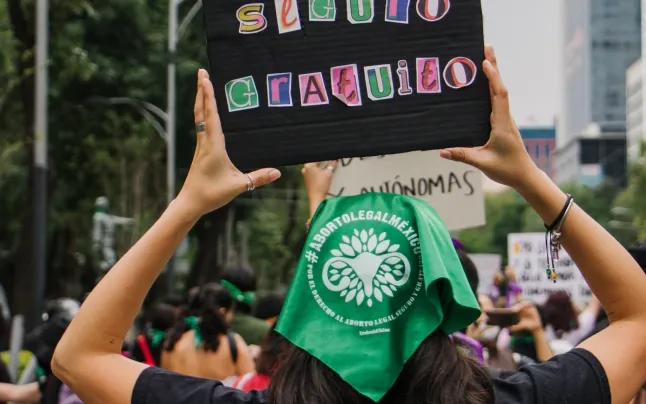


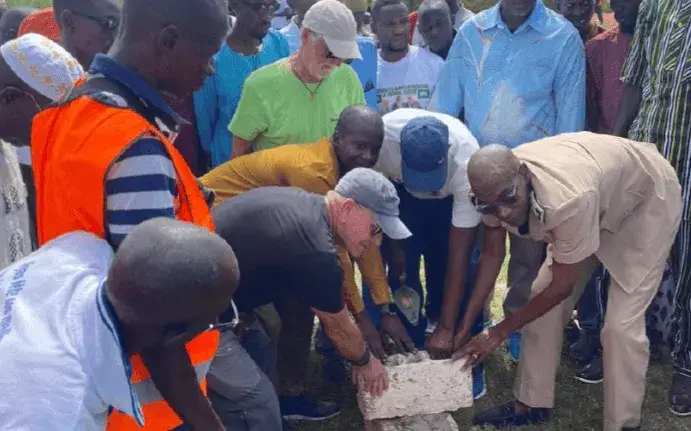
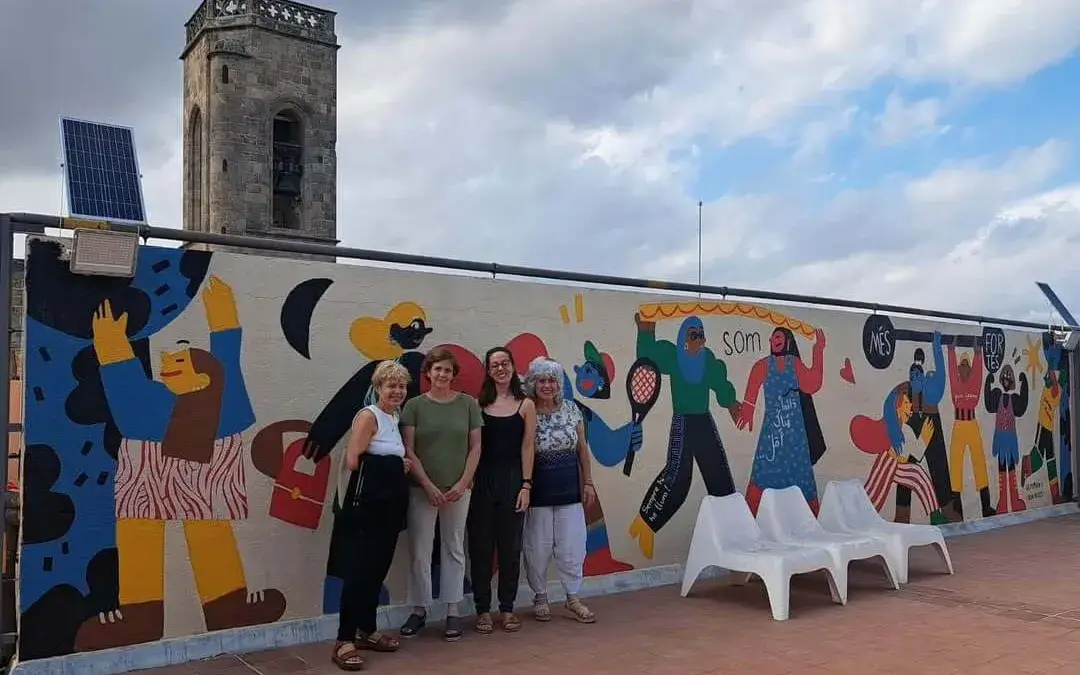


Add new comment